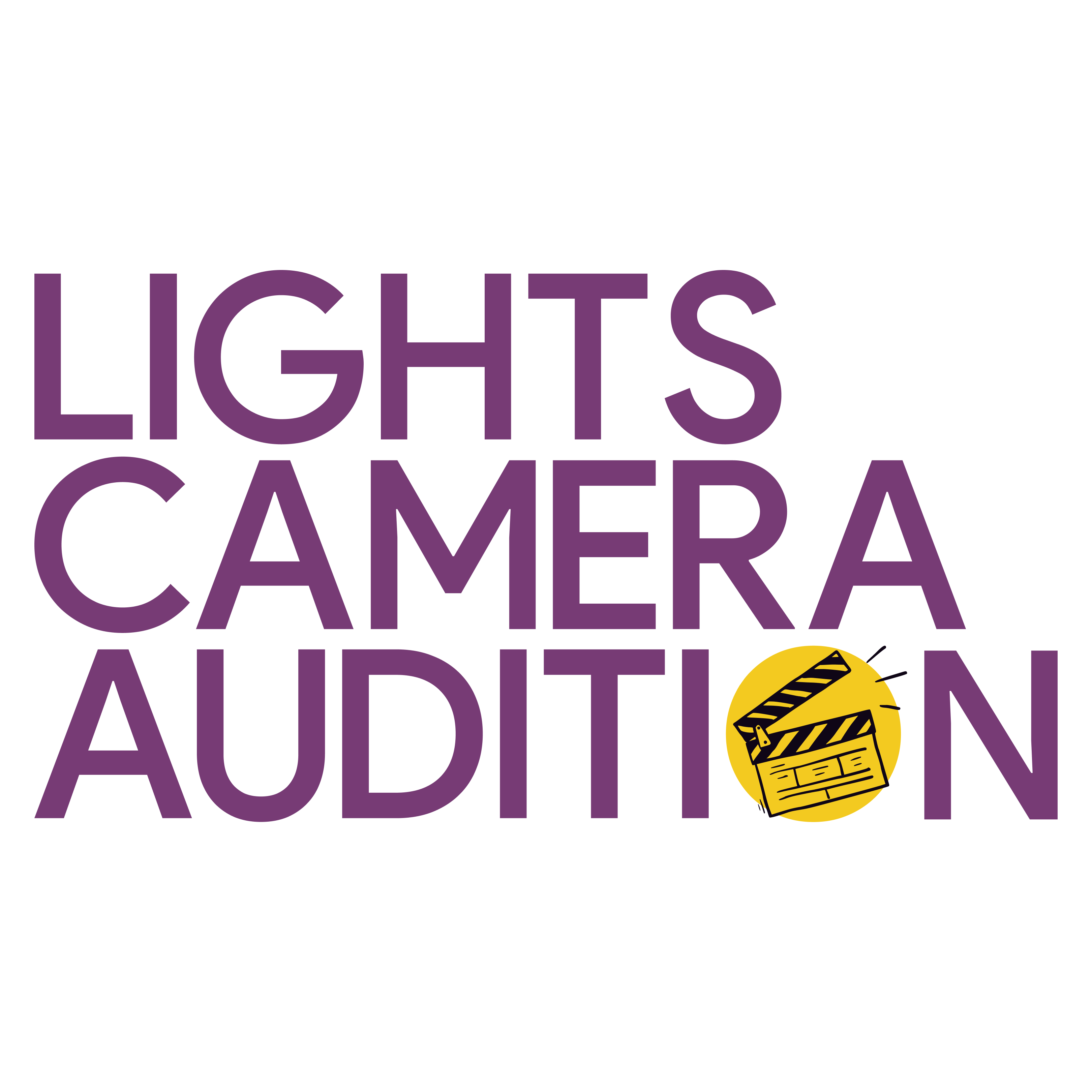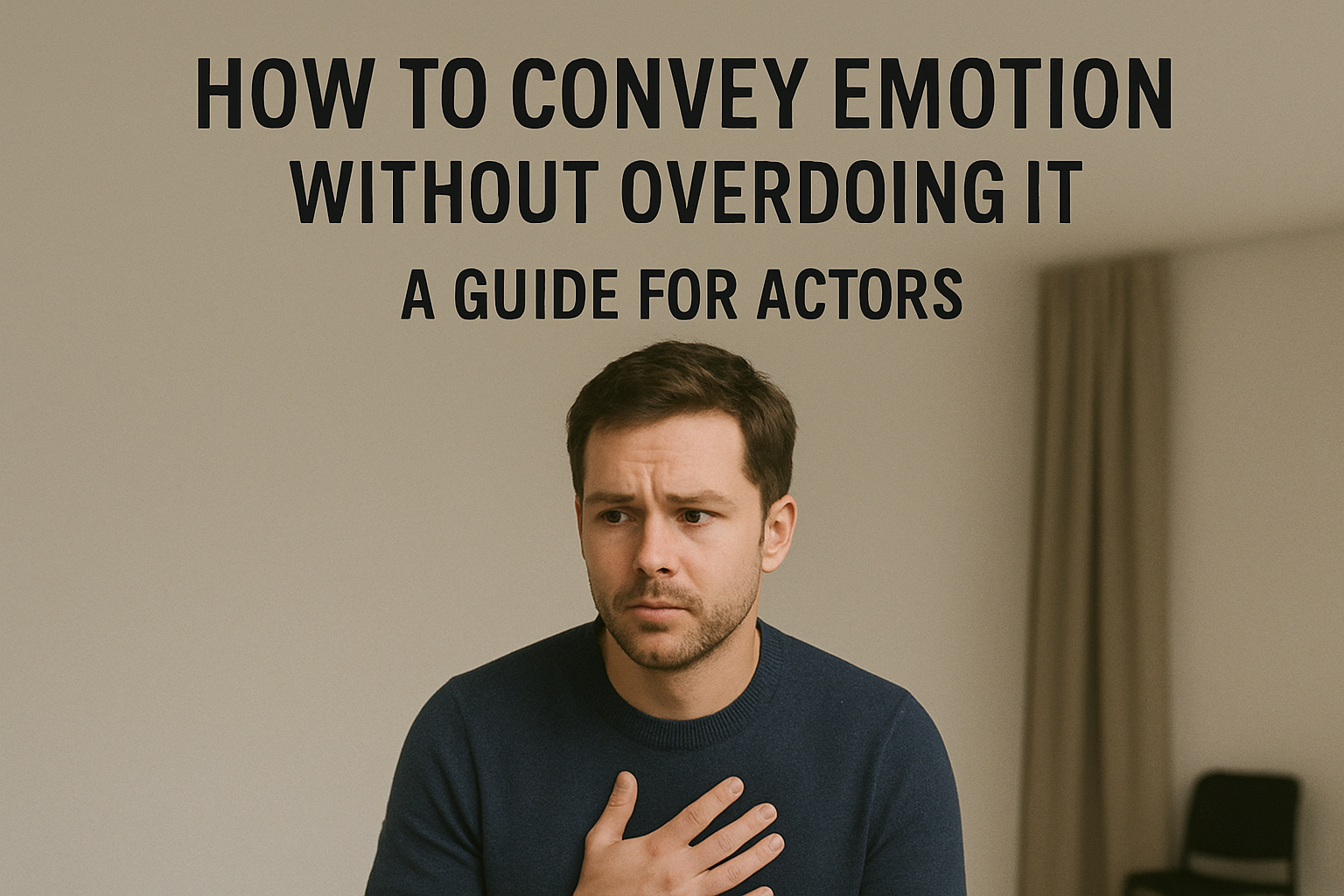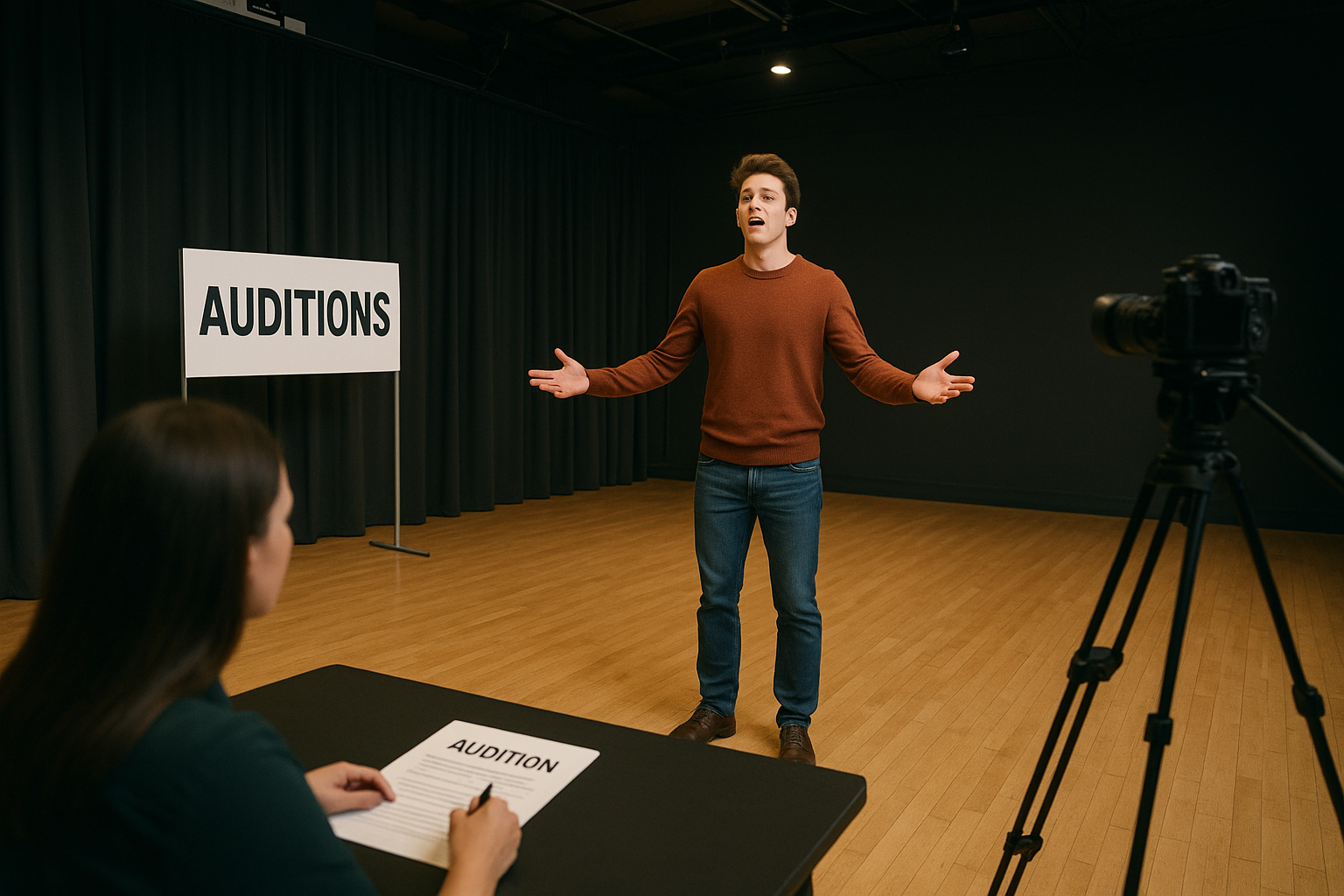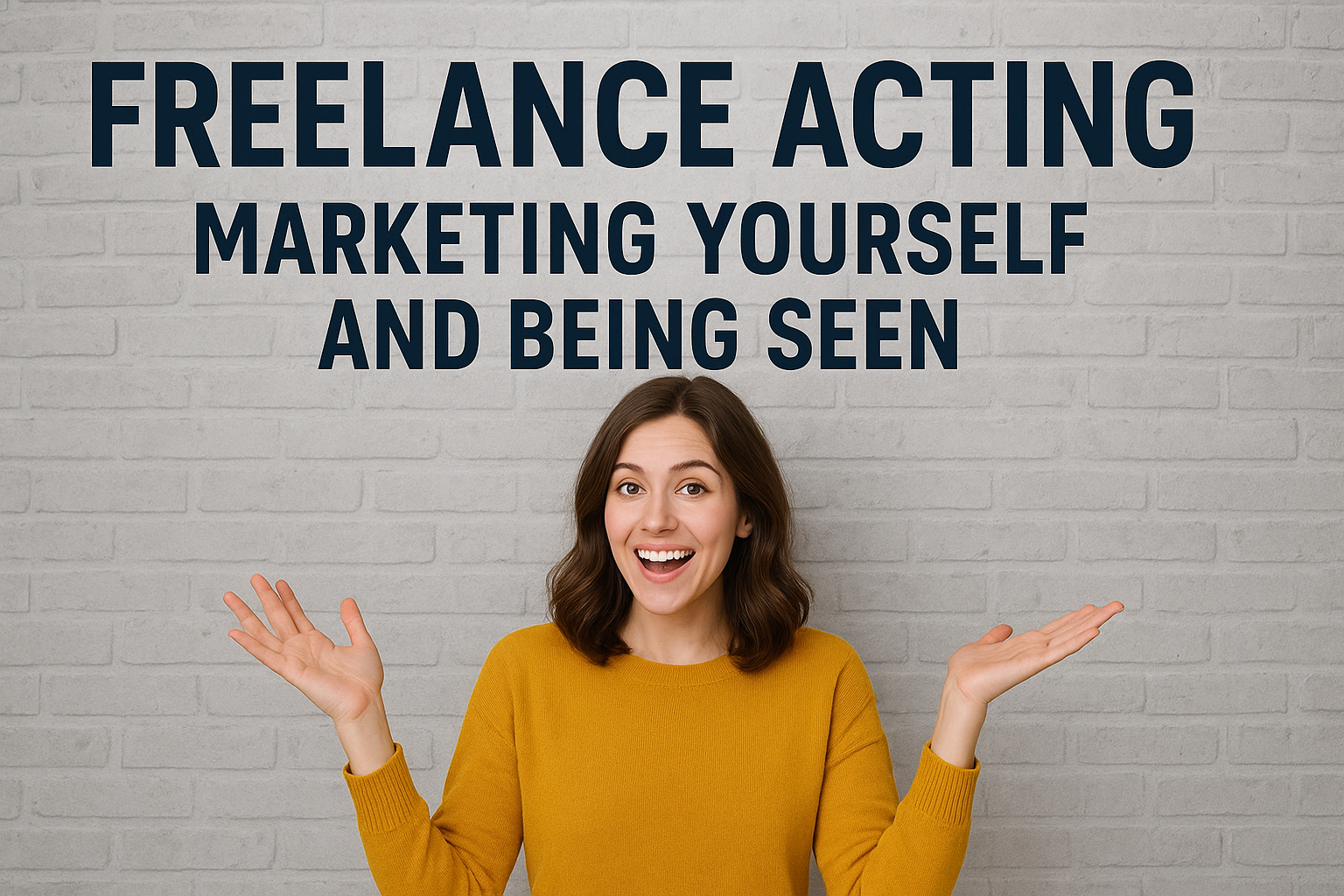
Building Confidence for Stage and Screen
Confidence isn't something you're born with—it's something you build. At Lights Camera Audition, we believe confidence comes from preparation, feedback, and trusting your own journey as an actor.
Many aspiring performers freeze up in front of the camera or on stage. That’s normal. The trick is not to eliminate nerves, but to work through them. Practice in front of peers, record yourself regularly, and take notes on what works. The more familiar you become with your tools—your voice, body, and emotions—the more in control you’ll feel.
Taking acting classes or audition workshops also helps develop muscle memory for confidence. You’ll learn to trust your instincts and take bold choices. Even rejection becomes less intimidating when you see it as part of the process, not a personal failure.
Remember: you don't need to be fearless to succeed—you just need to be brave enough to show up.
Among the tough battles actors face is how to find the most appropriate balance between emotion display and overacting, either on stage, on camera, or when going for auditions. Many performers fear that without adequate emotions, the moment will fall flat. On the other hand, if emotions are overt, the performance may become exaggerated or not true to life.
The entertainment sector is witnessing a huge shift, and the epicenter of this revolution is digital media. Those days are long gone when acting careers were reserved for silver-screen movies or television. Now, web series and digital media such as Netflix, Amazon Prime, Hotstar, YouTube, and MX Player have opened up the floodgates of opportunities for thespians. But what does it actually mean to be an actor in the digital age? Is it all that different from acting in the past? And why do web series prove so engaging as a platform for new and established performers?
Acting may be an art, but in the world of professional performance, it begins long before the cameras roll or the stage lights shine. It begins with the audition — the often nerve-wracking, unpredictable process that determines whether an actor even gets the chance to perform. For aspiring actors, understanding the relationship between auditioning and acting is not just important — it's essential. One feeds into the other, and together, they shape an actor’s growth, resilience, and ultimate success.
Getting into acting is hard — but succeeding as a freelance actor might be harder. Without the support of a large agency, production company, or manager, you're basically a sole proprietorship. You're the product, the marketer, the promoter, and the brand. So how do you become visible? How do you promote yourself as a freelance actor among so many talented individuals? Whether you're new to the game or wanting to level up, this guide will take you through essential strategies to create visibility, bring in opportunities, and establish yourself as a player in the cutthroat industry of freelance acting.
Lights Camera Audition!
Don't miss out on the latest updates, audition calls, and exclusive tips to elevate your talent. Subscribe to our newsletter and stay inspired on your journey to success!







